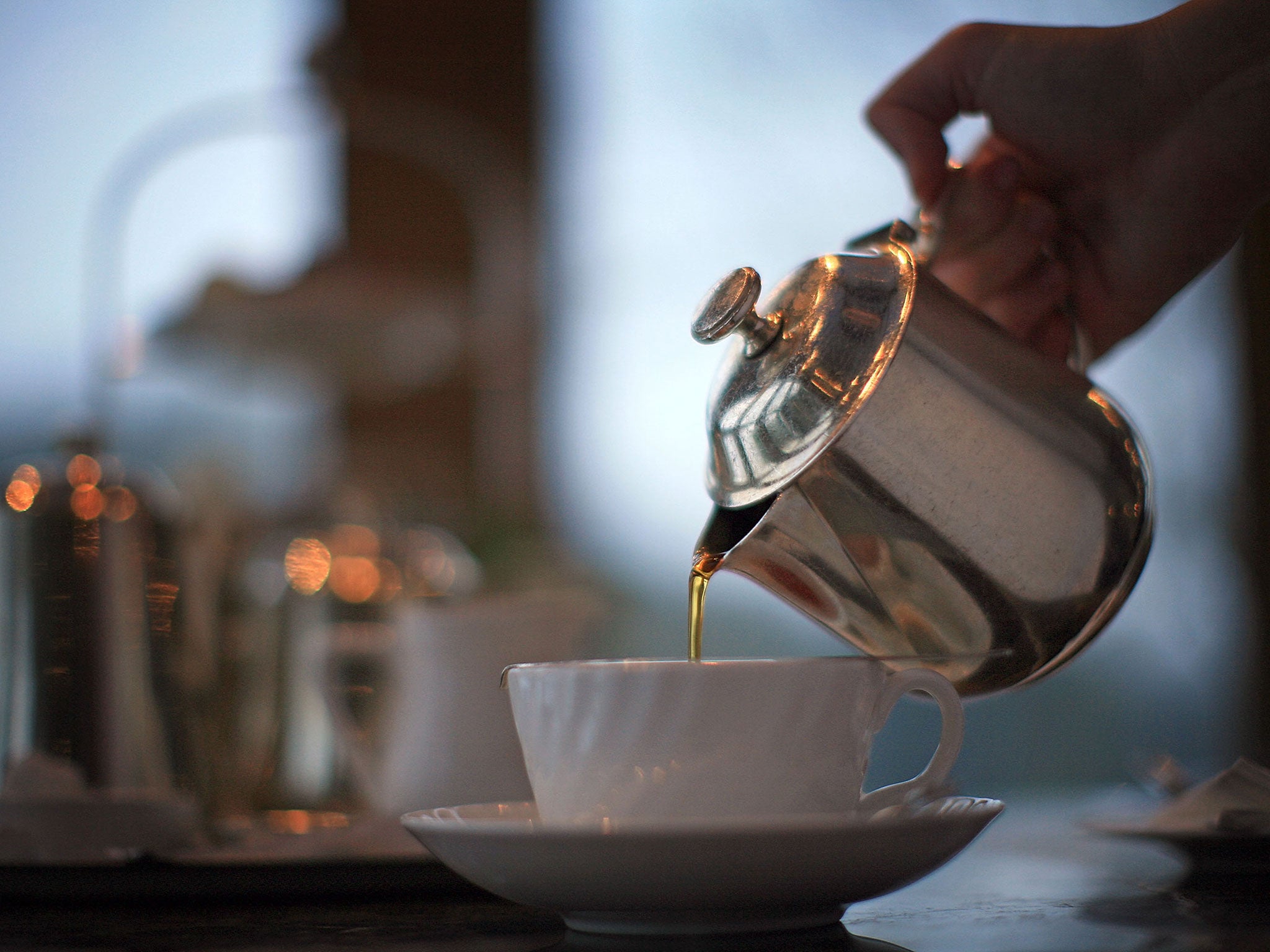The UK is one of the most traditional countries in the world, but also one of the most technology-obsessed, survey finds
The inaugural Ipsos MORI Global Trends report covered attitudes to things including technology, and globalisation across 20 countries

Perhaps it’s our love of tea and cake, Morris dancing, or the fact that we have a Royal Family - but Britain is one of the most traditional countries in the world, according to a new global survey.
Eight in ten people in the UK say that they value traditions – the third highest proportion behind China (90 per cent), Russia (82 per cent).
And although most people living in 2014 want to live their life on their own terms, customs and rituals are still viewed as important by more than three in four people worldwide.
The inaugural Ipsos MORI Global Trends report covered attitudes to technology, privacy, tradition, health, simplicity, globalisation, inequality, trust and brands.
The huge impact of technology on our lives was particularly accentuated in the survey of more than 16,000 participants in 20 countries, which has been described as the largest of its kind.
An average of six in ten people quizzed agreed with the statement “I am constantly looking at screens these days” and many admitted to craving a simpler, slower lifestyle.
Britons appear to among the most glued to smartphones, computers and tablets, with seven in ten concurring - one of the highest proportions of all the nations studied.
Overall six in ten said they wished their lives were simpler, three in four (77 per cent) believe the world is “changing too fast” while more than half (55 per cent) wish they could slow down the pace of their lives.
However, despite our love of tradition, in the UK we are less likely than the average to hanker after a more straightforward lot, with 53 per cent saying they wish their lives were simpler.
An average of two in three (64 per cent) of the respondents around the world and 61 per cent of Britons said they believe people led happier lives “in the old days when they had fewer problems to cope with”.
Just under half of those surveyed reported feeling “overwhelmed” by the choices they have as a consumer and “all the choices about how to live my life”.
Ben Page, Chief Executive of Ipsos MORI, said: “We have put the complex, and sometimes contradictory attitudes of connected citizens and consumers in an international context - whether it is trust in government, views of marriage or migration, and everything from personal ambition to advertising and from society to social media.
"We have used survey findings alongside other sources to highlight what we see as ten key trends.
“The intention here is to spark a conversation about 'what next'. We discuss the implications of the results for people leading in government, in brands and in business.”
In terms of “what next”, the report showed that despite misgivings about the influence of technology on their lives, most people acknowledge how crucial it has become.
Globally six in ten people agreed that technology is necessary “because only this can help to solve future problems”.
The report also revealed a conflict between what people say and how they act with regard to their privacy.
While nearly half of people across the 20 countries say they are willing to pay for increased levels of privacy for their data, two thirds admit they don't bother fully reading terms and conditions on a website before accepting them.
The study also suggests low levels of satisfaction among the public in those governing them. Across the 20 countries, 31 per cent was the highest level of satisfaction with the way the government is running the country.
The survey of adults aged up to 64 was conducted in September last year in China, India, Turkey, Brazil, Argentina, South Korea, South Africa, Italy, Australia, Poland, America, Russia, Canada, Britain, France, Sweden, Spain, Germany, Belgium and Japan.
Additional reporting by Press Association
Join our commenting forum
Join thought-provoking conversations, follow other Independent readers and see their replies
Comments